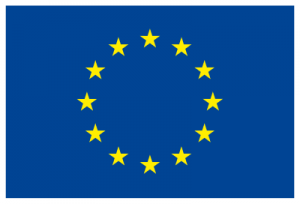Refers to sharing information, understandings and experiences among agents that can be individual or collective entities such as organisations and associations. The concept is closely related to the notion of ‘knowledge transfer’, which captures the action of transferring knowledge from one individual or group to another. The notion of ‘exchange’ is distinguished from the one of ‘transfer’ by its implication of a constant dialogue and feedback loop between generators/transmitters and receivers of information.
Knowledge that is isolated is the equivalent of lost knowledge. Consequently, the power to construct and create successful knowledge transfer and exchange has a high social and economic value. The challenges associated with knowledge transfer are related to the complexities arising from the nature of knowledge, which possesses both tacit and explicit layers and is often embedded in the tools, networks, actors and processes involved in the production of knowledge in a given locus that can be a community, a group or an organisation. Therefore, knowledge transfer is not a mere communication of messages, but implies intricate processes for the production, organisation, and distribution of knowledge in ways that ensure that knowledge is made available in adequate forms for the projected audiences and scenarios.
Knowledge transfer and exchange are becoming increasingly important in the activities of the creative industries, whose success relies on the effective sharing of skills, expertise and tools among professionals in varied fields of practice and research. The concepts are also of fundamental importance in the transmission and dissemination of knowledge across diverse sectors involved in European socio-economic development, for instance among researchers, policy-makers and the general public.

